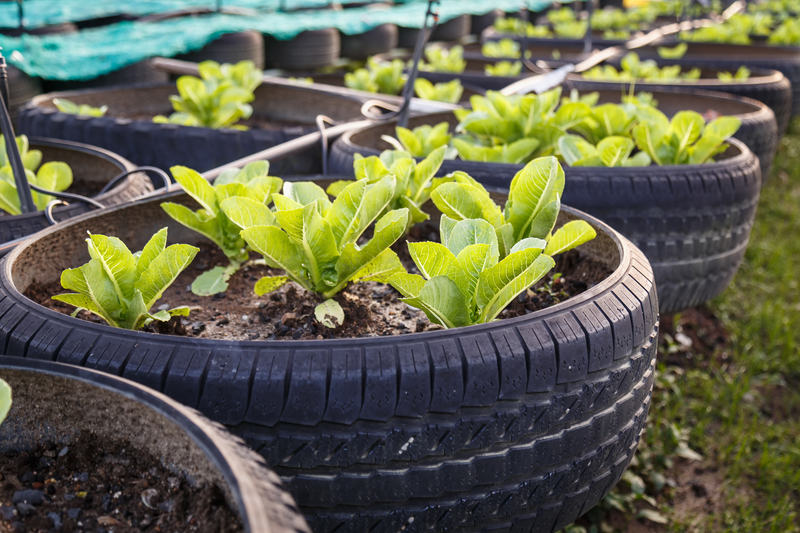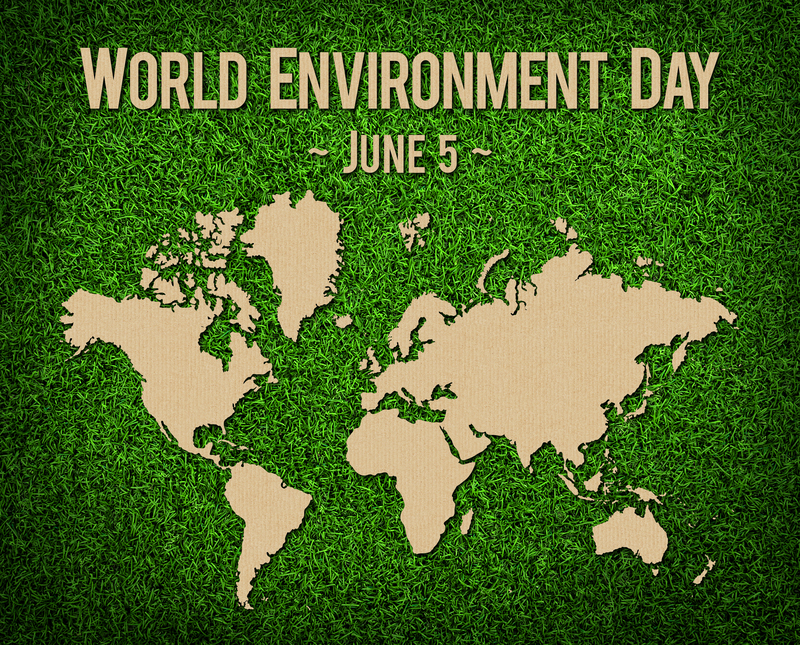The issue of inefficient waste disposal has grown into one of the pressing environmental problems of our time. With increasing urbanization and industrial activities, the amount of waste generated globally is staggering. Mismanagement of this waste results in various environmental challenges that adversely affect ecosystems and human health.
The Scope of Waste Disposal Problems
Poor waste disposal practices encompass a range of issues from littering and open dumping to improper landfill management and inadequate recycling. The consequences of these practices are far-reaching, affecting land, water, and air quality.

Types of Waste and Their Impact
Waste is broadly categorized based on its origin, and each type poses distinct environmental risks:
- Municipal Solid Waste: Generated from households and businesses, this form of waste includes non-biodegradable plastics, metals, and e-waste, which can persist in the environment for decades.
- Industrial Waste: Originating from manufacturing and production processes, this waste can contain hazardous substances like heavy metals and chemicals.
- Biomedical Waste: Produced by healthcare facilities, this type includes infectious materials that require special disposal techniques to avoid public health risks.
- Agricultural Waste: Includes pesticides and fertilizers that can leach into the water systems causing eutrophication and harm to aquatic life.
The Environmental Impact of Inadequate Waste Management
1. Land Pollution
Improper waste disposal practices, such as open dumping and littering, lead to land pollution. Waste materials, especially plastics, persist on the landscape, degrading the quality of soil and posing risks to wildlife. Over time, these materials can leach harmful chemicals into the soil, affecting plant growth and soil fertility.
2. Water Contamination
Improper waste disposal notably impacts water bodies. Leachate from landfills can permeate the groundwater, introducing toxic substances. Additionally, runoff from improperly managed waste sites introduces pollutants into rivers and lakes, causing direct harm to aquatic life and rendering water unsafe for human consumption.
3. Air Pollution
The decomposition of organic waste in landfills emits methane, a potent greenhouse gas that contributes to climate change. Additionally, the incineration of waste, especially plastics, releases harmful dioxins and furans into the atmosphere, posing health risks to humans and animals.
4. Impact on Wildlife and Marine Life
Wildlife is particularly vulnerable to the hazards posed by poorly managed waste. Terrestrial animals might ingest harmful waste materials or become entangled, while marine creatures suffer drastically from ingesting plastics and other debris, leading to starvation or fatal injuries.

Sustainable Waste Management Practices
Given the severe environmental challenges posed by ineffective waste disposal, it is imperative to adopt sustainable waste management practices:
Waste Reduction and Reuse
- Adopting a zero-waste philosophy involves reducing material consumption and finding ways to reuse items to extend their lifecycle.
- Promoting repurposing and upcycling materials can reduce the demand for new products and decrease waste generation.
Recycling
Implementing efficient recycling programs can significantly reduce the strain on landfills and conserve natural resources. Encouraging community participation and investing in recycling technologies can enhance the effectiveness of these programs.
Composting
Biodegradable waste, including food scraps and yard waste, can be composted to create valuable organic fertilizer. Composting not only diverts waste from landfills but also enriches soil health, supporting sustainable agriculture.
Effective Waste Collection Systems
Investing in robust waste collection infrastructure ensures timely and efficient waste removal, minimizing the likelihood of environmental contamination. Urban areas, particularly, benefit from organized collection systems that include segregated waste bins for easy sorting and handling.
Government Policies and Regulations
Governments play a crucial role in enforcing environmental regulations to oversee waste management. Implementing stringent penalties for illegal dumping, incentivizing sustainable practices, and investing in public education campaigns can drive communities toward more responsible waste management behavior.
Conclusion: A Collective Responsibility
The environmental challenges due to inadequate waste disposal are extensive and threaten the core functionality of ecosystems that sustain life on earth. Tackling these challenges requires a coordinated effort from governments, businesses, and individuals. Through responsible waste management, reduction strategies, and innovative approaches, we can mitigate these challenges and progress towards a healthier, sustainable environment for future generations.
By adopting more conscientious behavioral, industrial, and legislative practices, humanity can alleviate the stress on Earth's natural systems and build a resilient framework to manage waste effectively.